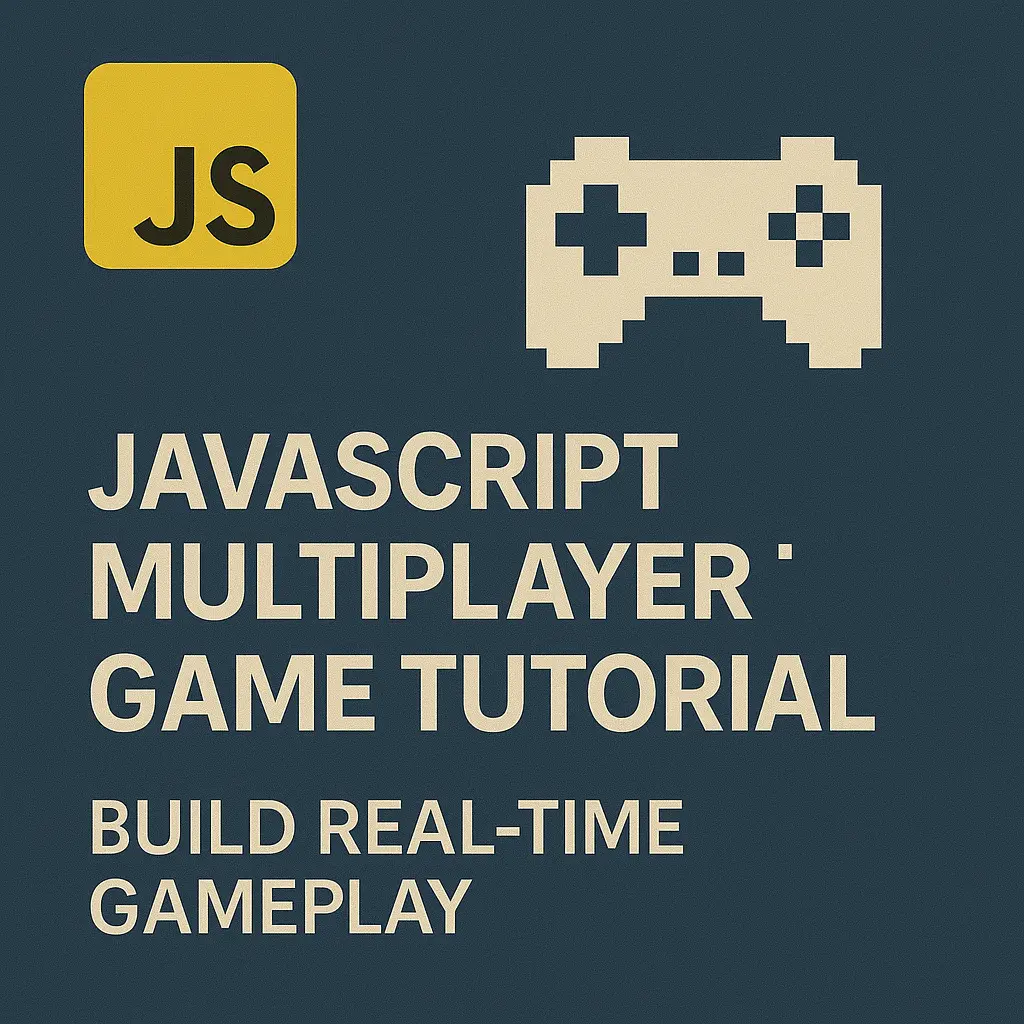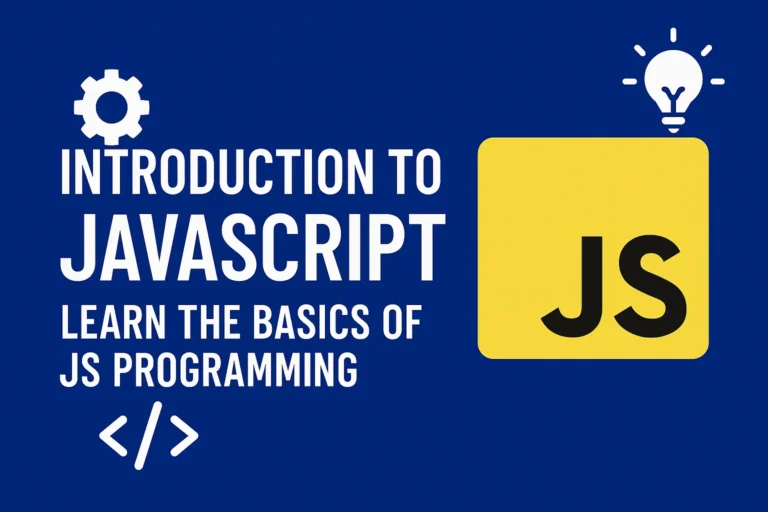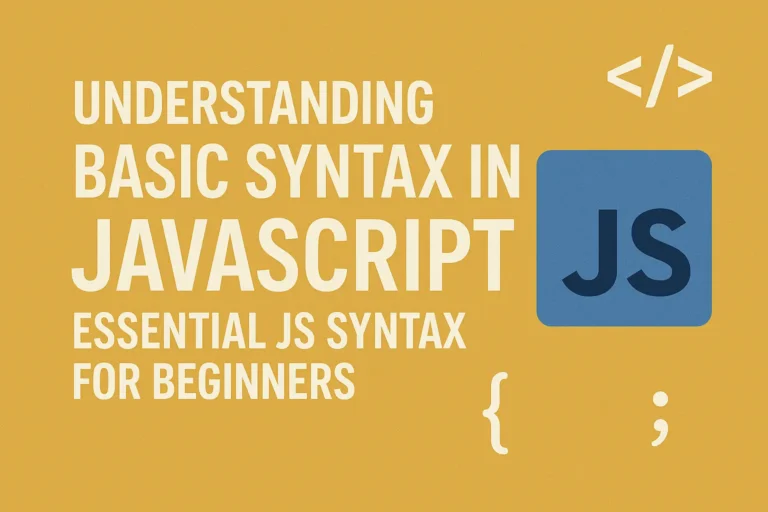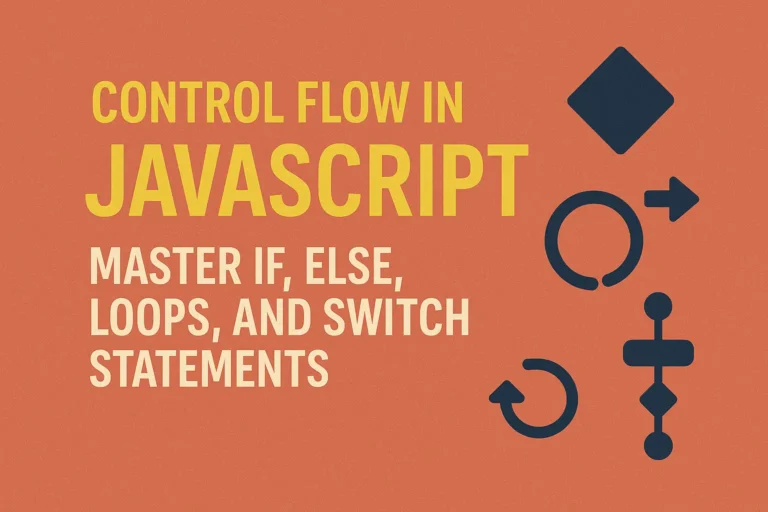Introduction
In today’s digital age, multiplayer games have become immensely popular, offering players the chance to engage with friends and strangers alike in real-time gameplay experiences. JavaScript, with its versatility and robust ecosystem, provides an excellent platform for crafting engaging multiplayer games. In this article, we’ll explore the fundamentals of building a multiplayer game using JavaScript, focusing on implementing real-time game mechanics, facilitating player interactions, and incorporating scoring systems to enhance the gaming experience.
Real-Time Game Mechanics
Real-time gameplay is a cornerstone of multiplayer games, providing players with immediate feedback and a sense of immersion. Achieving real-time mechanics in JavaScript can be accomplished through various techniques, with WebSockets being a popular choice. WebSockets enable bidirectional communication between clients and servers, allowing for seamless data exchange.
Let’s consider a simple example of implementing real-time movement in a multiplayer game using WebSockets:
// Server-side code using Node.js and WebSocket library
const WebSocket = require('ws');
const wss = new WebSocket.Server({ port: 8080 });
wss.on('connection', (ws) => {
ws.on('message', (message) => {
// Broadcast received message to all connected clients
wss.clients.forEach((client) => {
if (client !== ws && client.readyState === WebSocket.OPEN) {
client.send(message);
}
});
});
});
// Client-side code
const ws = new WebSocket('ws://localhost:8080');
// Handle incoming messages from the server
ws.onmessage = (event) => {
const message = JSON.parse(event.data);
// Update player positions or game state based on the received message
};
Player Interactions
Interactions between players add depth and excitement to multiplayer games. JavaScript enables developers to implement various interaction mechanics, such as player communication, collaboration, and competition. One common approach is to facilitate real-time chat functionality using WebSockets, allowing players to communicate with each other seamlessly.
Here’s an example of integrating real-time chat into our multiplayer game:
// Server-side code (continued)
wss.on('connection', (ws) => {
// Handle incoming chat messages
ws.on('message', (message) => {
// Broadcast chat message to all connected clients
wss.clients.forEach((client) => {
if (client !== ws && client.readyState === WebSocket.OPEN) {
client.send(message);
}
});
});
});
// Client-side code (continued)
const chatInput = document.getElementById('chat-input');
const chatMessages = document.getElementById('chat-messages');
// Send chat message to the server
chatInput.addEventListener('keydown', (event) => {
if (event.key === 'Enter') {
const message = chatInput.value;
ws.send(JSON.stringify({ type: 'chat', message }));
chatInput.value = '';
}
});
// Display incoming chat messages
ws.onmessage = (event) => {
const message = JSON.parse(event.data);
if (message.type === 'chat') {
const messageElement = document.createElement('div');
messageElement.textContent = message.message;
chatMessages.appendChild(messageElement);
}
};
Scoring System
A scoring system adds a competitive element to multiplayer games, motivating players to strive for higher scores and enhancing replayability. JavaScript enables developers to implement scoring mechanics tailored to the game’s objectives and dynamics. Whether it’s tracking points, achievements, or leaderboard rankings, JavaScript offers the flexibility to design and implement diverse scoring systems.
Here’s a basic example of a scoring system in our multiplayer game:
// Server-side code (continued)
let scores = {};
// Handle scoring events
wss.on('connection', (ws) => {
ws.on('message', (message) => {
const data = JSON.parse(message);
if (data.type === 'score') {
const { playerId, score } = data;
scores[playerId] = scores[playerId] || 0;
scores[playerId] += score;
// Broadcast updated scores to all clients
wss.clients.forEach((client) => {
if (client.readyState === WebSocket.OPEN) {
client.send(JSON.stringify({ type: 'scores', scores }));
}
});
}
});
});
// Client-side code (continued)
ws.onmessage = (event) => {
const message = JSON.parse(event.data);
if (message.type === 'scores') {
// Update UI to display latest scores
updateScores(message.scores);
}
};
function updateScores(scores) {
// Update UI to display scores
}
Conclusion
JavaScript provides a powerful platform for crafting immersive multiplayer games with real-time mechanics, player interactions, and scoring systems. By leveraging technologies like WebSockets and combining them with robust game logic, developers can create engaging gaming experiences that captivate players and foster vibrant gaming communities. With creativity and ingenuity, the possibilities for JavaScript-powered multiplayer games are virtually limitless, promising endless hours of entertainment for players worldwide.






